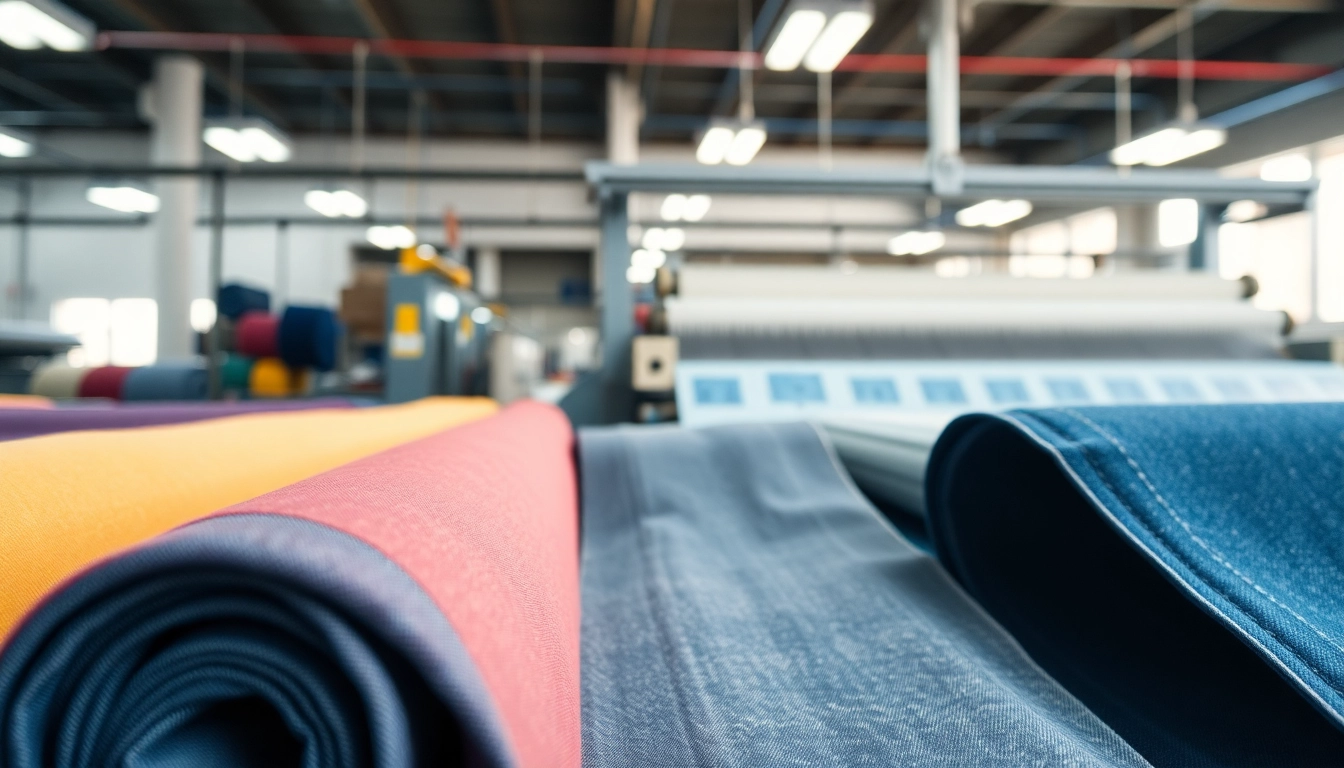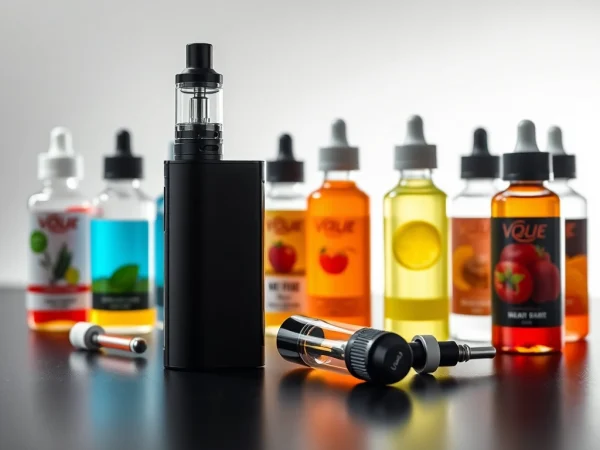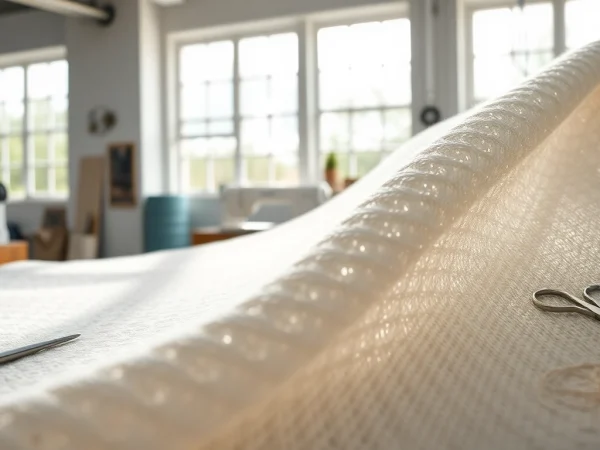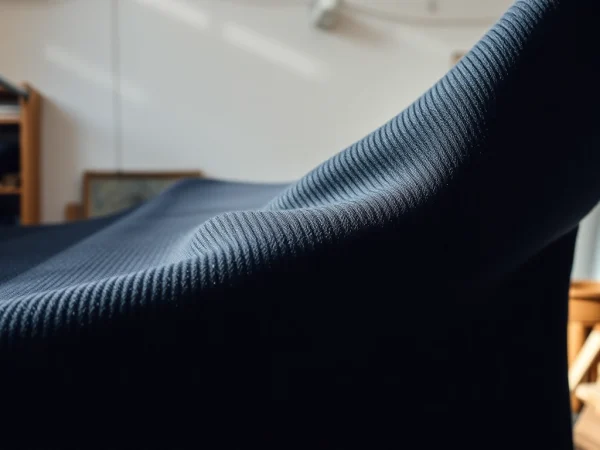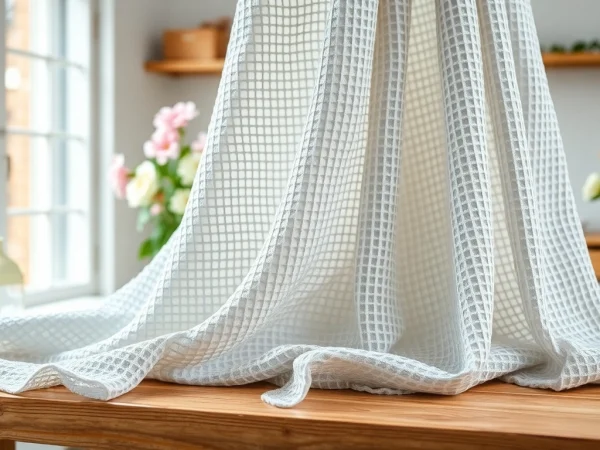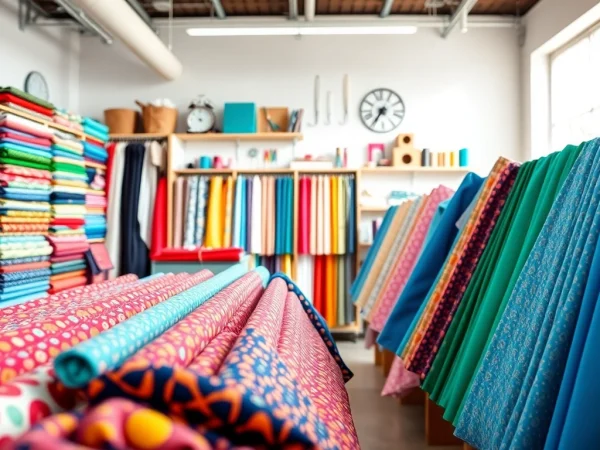Leading Jeans Fabric Manufacturers Committed to Quality and Innovation
Understanding Jeans Fabric Manufacturing
In the world of fashion, denim jeans have established themselves as a staple wardrobe item, cherished for their versatility and comfort. At the heart of this phenomenon lie the jeans fabric manufacturers, whose expertise shapes the quality and style of this beloved fabric. This article delves deeply into the nuances of jeans fabric manufacture, the qualities that distinguish leading manufacturers, and the challenges they face in today’s market.
What is Jeans Fabric?
Jeans fabric, commonly known as denim, originates from a sturdy cotton textile renowned for its resilience and durability. Traditionally, denim features a distinctive twill weave that creates a diagonal ribbing effect, offering both style and functionality. The fabric’s weight typically defines its classification, ranging from lightweight denim suitable for shirts to heavier varieties meant for jeans and overalls.
The Process of Manufacturing Jeans Fabric
The production of jeans fabric is a meticulous process that involves several steps to ensure quality and consistency. The journey begins with the selection of raw cotton, which is then spun into yarn. This yarn is dyed using various techniques, most notably the indigo dyeing process that gives denim its classic blue hue.
Once dyed, the yarn undergoes weaving, where it is interlaced with other fibers to create the fabric structure. After weaving, the denim undergoes a range of finishing processes, including washing, distressing, and treatment, aimed at enhancing the fabric’s texture, style, and comfort. Lastly, the finished fabric is rolled and prepared for distribution to brands and manufacturers.
Types of Fabrics Used
Jeans fabrics are not created equal; there are various types suited to different styles and purposes. Common variations include:
- Rigid Denim: This type does not have any stretch; it is often raw and offers a vintage look.
- Stretch Denim: Manufactured with elastane, it provides comfort and mobility, making it popular among consumers.
- Sustainable Denim: Increasingly favored, this fabric incorporates organic cotton and eco-friendly dyes, appealing to environmentally-conscious shoppers.
Top Qualities of Renowned Jeans Fabric Manufacturers
With numerous players in the denim industry, several qualities help distinguish the top jeans fabric manufacturers. These qualities ensure a consistent supply of high-quality denim that meets market demands.
Material Sourcing and Sustainability
Leading manufacturers prioritize ethical procurement of materials. This involves engaging with suppliers that adhere to sustainable practices, such as utilizing organic cotton and managing water and chemical use during cultivation. Sustainable sourcing not only reduces the industry’s carbon footprint but also appeals to a growing demographic of eco-conscious consumers.
Fabric Durability and Quality Standards
Durability is paramount in the denim industry. Top manufacturers implement rigorous quality control protocols throughout the manufacturing process, ensuring that the final product meets high standards. Tests evaluate factors such as tensile strength, color fastness, and fabric shrinkage, which are critical in determining the longevity and performance of the denim.
Innovative Production Techniques
Staying ahead in the competitive denim market requires constant innovation. Leaders in the field invest in advanced technologies such as laser treatments for distressing denim and automated weaving processes that enhance both efficiency and consistency. Such innovations not only streamline production but also allow manufacturers to experiment with new styles and textures.
Challenges Facing Jeans Fabric Manufacturers Today
Even the most successful jeans fabric manufacturers face a plethora of challenges that can impact their operations and market position.
Supply Chain Disruptions
The global supply chain has been significantly affected by various issues ranging from political unrest to pandemic-related shutdowns. Manufacturers have to adapt their sourcing strategies to maintain the flow of raw materials, oftentimes seeking alternative suppliers to mitigate risks associated with single-source dependencies.
Competition and Market Trends
As fashion trends evolve and consumer preferences shift towards more personalized products, denim brands face increasing competition. Staying relevant requires manufacturers to promptly respond to changing trends by adapting their offerings. An increased focus on fast-fashion models introduces additional pressure to maintain speed and flexibility in production.
Sustainability Concerns
As environmental considerations become a priority for consumers and brands alike, manufacturers must navigate the challenge of integrating sustainable practices. This might involve significant investment in new technologies and procedures while ensuring that these initiatives do not compromise style or quality.
How to Choose the Right Jeans Fabric Manufacturer
Choosing the right jeans fabric manufacturers is crucial for brands aiming to establish quality and reliability in their denim offerings. Here are key factors to consider in the selection process.
Evaluating Fabric Quality
Quality evaluation begins with sampling. Brands should request swatches and conduct tests to assess the durability, texture, and overall appearance of the fabric. Understanding the manufacturer’s quality assurance processes can provide insight into their commitment to excellence.
Understanding Vendor Reliability
Reliability in delivery and consistency is vital for manufacturers. Researching supplier reviews, testimonials, and case studies can help assess a manufacturer’s dependability. Communicating with other brands that have worked with potential manufacturers can provide valuable first-hand insights.
Negotiating Price and Terms
Cost plays a significant role in selecting a manufacturer. Brands should engage in transparent negotiations about pricing, minimum order quantities, and payment terms. Understanding the value proposition—what unique benefits the manufacturer offers—can help strike the right balance between cost and quality.
Future Trends in Jeans Fabric Manufacturing
The denim industry is continually evolving, and staying abreast of trends is key for both manufacturers and brands. Several trends indicate the future direction of jeans fabric manufacturing.
Technological Innovations in Weaving
Advancements in weaving technology, including the use of automated and programmable looms, promise to enhance production efficiency and allow for intricate designs and textures. These innovations not only streamline the manufacturing process but also support the development of next-generation fabrics.
Eco-Friendly Fabric Solutions
The future of the denim industry is increasingly intertwined with sustainability. From sourcing organic materials to adopting waterless dyeing technologies, manufacturers are expected to integrate eco-friendly practices comprehensively. Consumers are likely to favor brands that showcase their sustainability commitments.
Customization and Consumer Demand
As personalization becomes a cornerstone of consumer preferences, manufacturers must adapt to offer customization options. This includes the ability to alter colors, patterns, and even fabric weight to meet individual customer needs, thereby enhancing customer satisfaction and brand loyalty.
